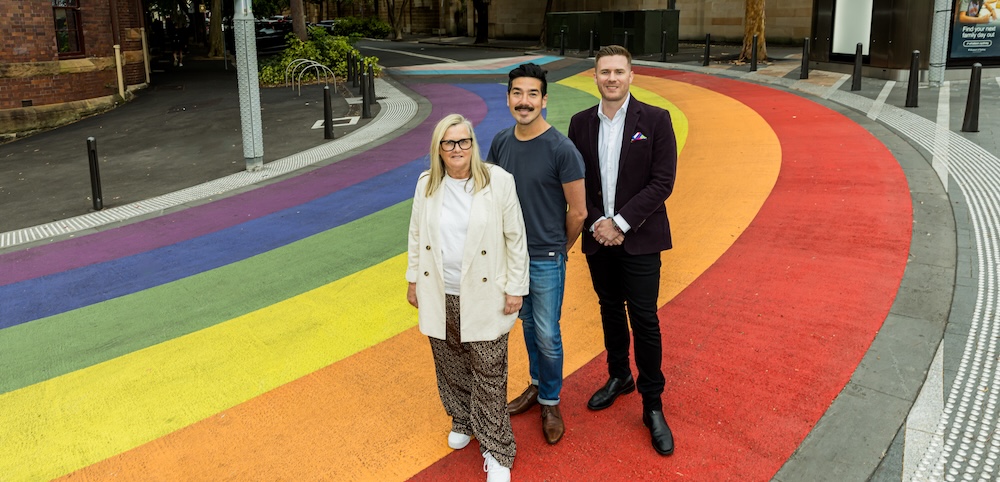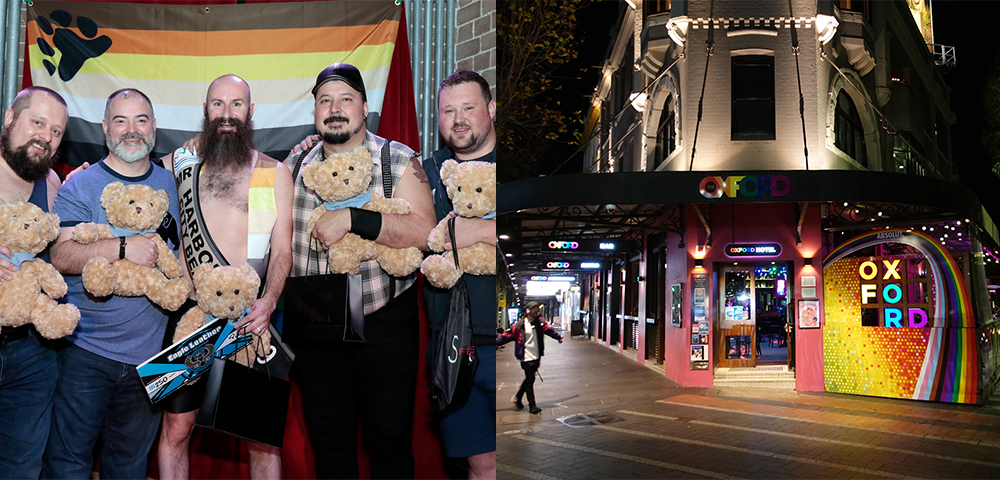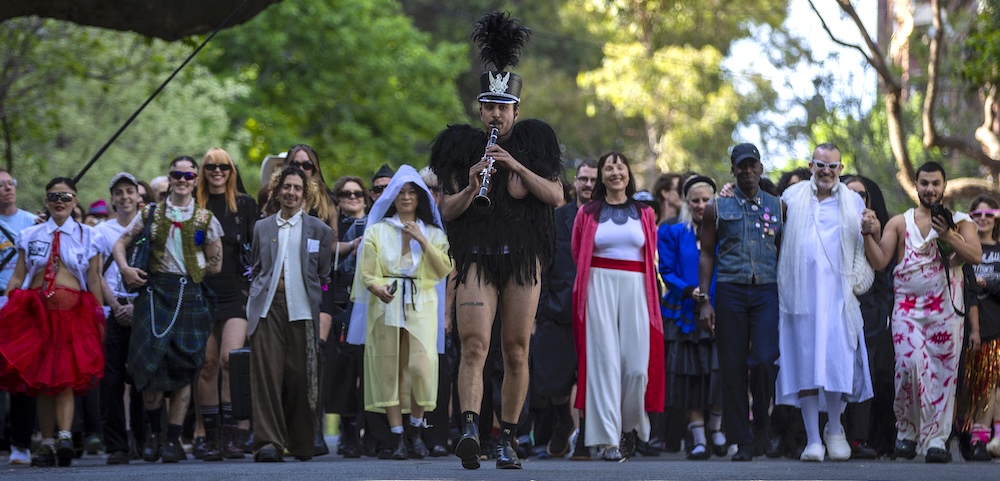
The Sun King
There is a deep and tragic meaning in cartoons from the early 90s which portray Paul Keating as Louis XIV, the Sun King.
Louis’ courtiers knew the world was changing and that their country had to change too. But in their view ordinary people were too blind and ignorant to know what was good for them. Their solution was to invent a new type of enlightened, all powerful king from whom, like the sun, all good things flowed. He, and he alone, would carry France into the new age by sheer force of will.
So it was with Paul Keating’s advisers. In proportion to their lack of faith in everyone else, they puffed up the PM into a political Messiah.
The puffing continues in Don Watson’s recently released biography of Keating, and in Bill Bowtell’s don’t forget the gays postscript.
A vital part of making Keating shine is portraying the achievements of his government -“ including its record on gay and lesbian human rights -“ in the best possible light. This isn’t hard given what came after. Howard makes Keating look like Harvey Milk. But if we are to come to a realistic assessment of Labor’s record on our issues we have to use more sophisticated yardsticks to measure the achievements of the Keating years.
According to Bill Bowtell, the Keating Government delivered several solid, practical and enduring gay law reforms.
His list includes two reforms which involved little political risk because they were administrative changes which took place behind closed doors and away from parliamentary scrutiny and public debate. The first was the recognition of same-sex relationships in immigration. This reform has been of inestimable value to thousands of gay and lesbian Australians and their foreign partners. But it is worth remembering that gays and lesbians never achieved full equality under Labor’s immigration reforms and that this reform had already occurred in many other countries.
The second was the incorporation of sexuality anti-bias provisions into the Human Rights and Equal Opportunity Commission (HREOC) Act. Unlike immigration reform this has been of very limited value. HREOC’s gay and lesbian mandate is limited to investigating and reporting on discrimination in employment. It has no power to actually rectify this discrimination.
Oddly Bowtell omits the Labor Government’s decision to advocate against sexuality discrimination at the United Nations. Again this was politically low-risk. But it was important in profiling the plight of sexual minorities in Africa and Asia.
Where Labor did take a risk was in funding an effective and globally unprecedented community response to HIV/AIDS. The idea of AIDS Councils may seem dated now but they were revolutionary in the mid-80s.
The same cannot be said for the other reforms Bowtell cites. I was intimately involved in the campaign to overturn the ban on lesbian and gay defence force members, writing a submission on behalf of Australia’s state-based lesbian and gay rights groups. In that submission there was a long list of all the other western countries which had already moved beyond lifting their bans, to full integration. This prompted us to ask for anti-homophobia programs and anti-discrimination policies once the ban was lifted. The ALP Caucus Committee investigating the issue endorsed our recommendation but after the ban was removed the issue was dropped. The Keating Government permitted gays and lesbians to join the military but it also permitted often extreme homophobic prejudice against them. Very shortly after the ban was overturned, the then Commonwealth public service minister decided to take the next logical step, asking Cabinet to recognise same-sex relationships across all government departments. His proposal was squashed.
Canberra’s response to the crisis brought on by the UN’s condemnation of Tasmania’s anti-gay laws was also limited. Cabinet considered directly and conclusively overriding Tasmania’s laws but this risked involving the Keating government in a High Court challenge from the conservative states that would drag on through the next election. The government opted instead for an ambiguous law that would require a High Court challenge from Tasmanian gay men before the offensive state law was struck down. The Tasmanian government was jubilant that Canberra had taken the weaker option. The bitter and divisive Tasmanian gay law debate, which could have been resolved then and there, dragged on for another two and a half years.
If a lot of what Labor did for the gay and lesbian community was limited, ad hoc and as much about appearances as substance. Consider what it didn’t do. It didn’t recognise same-sex relationships in key areas like superannuation and taxation. It didn’t enact comprehensive sexuality anti-discrimination laws. There are no excuses for this inaction. There was heavy community campaigning on these issues within Australia and concerted action on them by social democratic and sometimes even conservative governments in Europe and the Americas. Messages of support for the Mardi Gras are no compensation for these lost opportunities. Neither was being blind to the homosexuality of a potential High Court appointee who was more than qualified for the job, and whose sexual orientation was then not public.
Transforming Paul Keating into the Sun King isn’t complete unless he is given a pivotal role in every major event. Bill Bowtell has Keating directing Labor’s every social reform when in fact he had little to do with HIV or immigration policy. These policies were set before his premiership. Even when he was prime minister his role in gay and lesbian law reform was no greater than you would expect of the party leader.
Does this really matter? Yes, because Bowtell gives the misleading impression that change comes from the very top, and that our destiny as lesbians and gay men is in the hands of powerful heterosexuals. My many years of campaigning have taught me exactly the opposite, that substantial and enduring change always comes from below and from the people most in need of change. The French revolution taught Louis’ descendants the same lesson.
Labor’s record of one often qualified reform per term wasn’t good enough at the time and no amount of historical manipulation can make it look good in retrospect. Our task as a community is to convince Labor that when it regains office it must not return to its old ways but should instead develop and implement a comprehensive and effective strategy for eliminating homophobic prejudice from Australian law and society.









